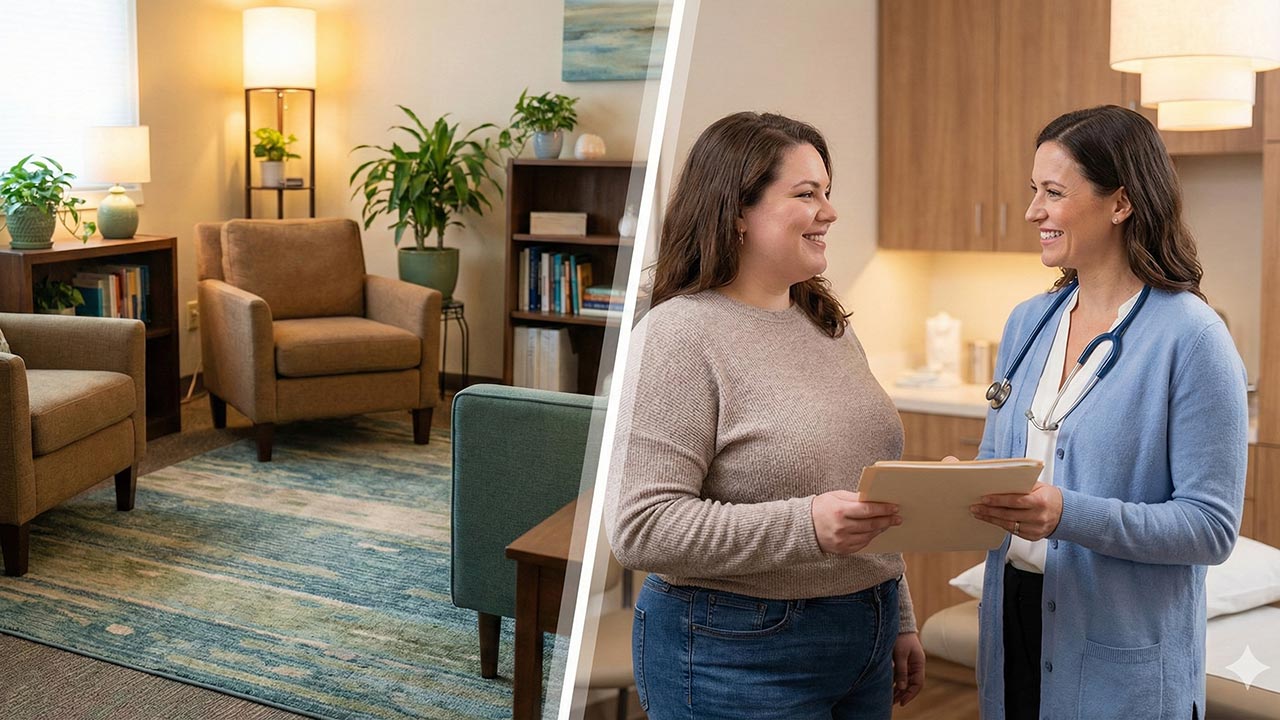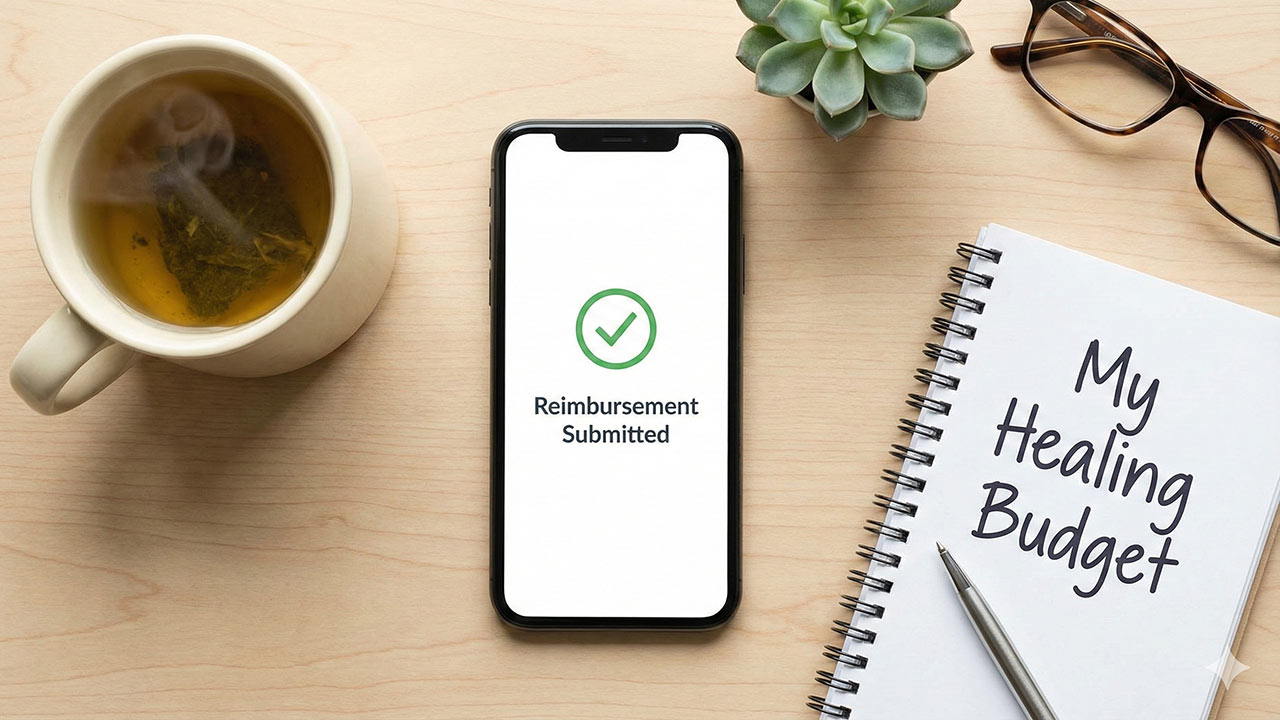You may be suffering from post-traumatic stress disorder (PTSD), a mental health condition that can occur after experiencing a traumatic event. PTSD symptoms can include flashbacks, nightmares, and severe anxiety. It’s important to seek PTSD treatment if you have it because untreated symptoms can last for years. If you think you have PTSD, there are many ways to manage your trauma and PTSD symptoms.
Understand That You Have PTSD.
Understanding that you have PTSD is the first step to managing it.
PTSD is a mental health condition that can occur after a traumatic event. It is triggered by the experience of trauma, which can include military combat, sexual assault, serious accidents, childhood abuse, and witnessing violence or other terrifying events. PTSD is not an indication of personal weakness or character flaws. Instead, it’s a normal reaction to an abnormal situation—and it affects people from all walks of life for very different reasons.
Seek PTSD Treatment, Trauma Therapy, or Join A Support Group.
Trauma therapy can help you understand what is going on. Additionally, a trauma therapist can help you to learn how to manage your symptoms, emotions, thoughts, and behaviors. You may want to talk with a counselor or join a support group where people share their experiences with PTSD. In fact, talking through the experience of trauma with others who have been through it too often has positive benefits for survivors of trauma.
Practice Self-care & Build A Support System.

Self-care is the best way to manage your PTSD symptoms and avoid relapsing. Make sure that you are getting enough sleep, eating healthy meals, exercising regularly, taking time for yourself, and relaxing. You can find more tips on incorporating self-care into your life here.
It’s also important to find ways to get support from other people. If you don’t have family or friends nearby who can help give support or just listen, we have a caring team at Resilient Mind Counseling who can support you through trauma therapy and PTSD treatment. Or try going online and finding an online therapist or support group that you feel will be the right fit for you.
Identify and Avoid Your Triggers.
Avoid triggers that cause you to feel stressed, anxious, angry, sad, depressed, and guilty.
If you are experiencing trauma symptoms from an event that happened recently or years ago, then it is important for you to identify what could trigger the symptoms in order to take action and avoid them. Identifying your triggers can help prevent a painful reaction when encountering something that reminds you of the trauma. While some people may only experience one or two triggers at first and others may realize there are many different things that trigger their reactions. It is still important for all survivors of trauma to understand how their past lives continue to affect them today in order for them to heal and move forward with their lives.
Start Learning Relaxation Techniques for PTSD Treatment
Learning relaxation techniques, such as progressive muscle relaxation, deep breathing, yoga, and meditation.
- Progressive Muscle Relaxation: This technique involves tensing and relaxing muscles in a systematic way while focusing on your body’s sensations. You can do this at any time of day with the goal of reducing anxiety by learning what it feels like to be relaxed.
- Deep Breathing: Deep breathing helps increase oxygen flow throughout your body and reduces stress levels by slowing down your heart rate and lowering blood pressure. You should practice deep breathing when you’re feeling calm in order to prevent stress from building up in the future. It’s also useful when you’re feeling overwhelmed or anxious so that you don’t lose control of yourself physically or emotionally (which can happen if someone has PTSD).
- Yoga: Yoga involves stretching poses that focus on different areas of the body depending on one’s needs (e.g., arms or legs). Some poses may require props such as blocks so that one doesn’t feel too much pressure on their joints during certain stretches; however, there are other types of yoga where no props are necessary (such as hot yoga).
Stick to Your PTSD Treatment Plan.
 Keeping to your PTSD treatment plan is essential to managing post-traumatic stress disorder, as it helps you manage PTSD and trauma symptoms and cope with life. If you’re not sticking to your treatment plan, try these tips:
Keeping to your PTSD treatment plan is essential to managing post-traumatic stress disorder, as it helps you manage PTSD and trauma symptoms and cope with life. If you’re not sticking to your treatment plan, try these tips:
- Write down a list of reasons why it’s important for you to stick with the PTSD treatment plan. For example, maybe keeping the same schedule or following through with therapy sessions helps keep the nightmares at bay or gives you a sense of control over your emotions. These reasons will help motivate you when things get tough.
- Make an appointment with a trauma therapist or counselor if you don’t think that self-care strategies are working for you. They can provide guidance on how best to prevent setbacks from happening in future attempts at sticking to your treatment plan
Make Time for Fun Activities in Your Life.
- Make time for fun activities in your life.
- Maintain a healthy lifestyle.
- Maintain a healthy diet.
- Exercise regularly.
- Get enough sleep each night (about 7-9 hours).
- Schedule time for yourself, even if it’s just five minutes of reading or meditation, to relax and unwind after work or school has ended for the day!
You Can Be Kind to Yourself While Healing from Trauma
While healing from trauma, it is important to be kind to yourself.
Do not allow others to make you feel guilty for the way you are feeling or the ways in which your life has changed due to your trauma. It may take some time for you to rebuild trust in yourself and others, but this does not mean that you should blame yourself for what happened or that it is somehow your fault.
Be gentle with yourself during this process. You are hurt, but there is no need to add more pain by criticizing yourself or putting unrealistic expectations on how quickly things should improve. Be patient with yourself and your body while you heal from trauma; this will help keep your stress levels down as well as make room for positive changes in your life during recovery.
Final Thoughts from A PTSD & Trauma Therapist
If you’re struggling with PTSD, know that you’re not alone. There are many resources available to help you manage it, and it’s important for you to seek PTSD treatment. There are also ways to take care of yourself so that healing doesn’t feel overwhelming or impossible. Remember that recovery is a process—and there’s no time limit on getting better
Ready to Get Support With PTSD Treatment in North Carolina?
If you want help learning self-care and relaxation techniques so you are no longer overwhelmed by PTSD symptoms our trauma therapists are here for you. At Resilient Mind Counseling, we believe that you do not have to deal with fear, hypervigilance, nightmares, and panic attacks any longer. With PTSD treatment you can face those fears, identify your triggers, build a support system, and feel better.
Feeling better starts by following these steps:
- Reach out to us and receive a free consultation
- Begin Trauma Therapy with a trauma therapist.
- Start live life free of fear and feel in control of your life
Other Counseling Services We Offer in Asheville, North Carolina
If you are suffering from a trauma or post-traumatic disorder you might also benefit from support for anxiety and depression or psychiatric services. With everything you have been through and are working on your relationship might also use support. This is why we offer couples therapy and marriage counseling. Additionally, our online therapists offer Bipoc mental health resources, LGBTQIA+ therapy, neurodivergent support, and mood disorder treatment. All of these services are available to you through online therapy in North Carolina. Call today to start getting the support that you deserve.















